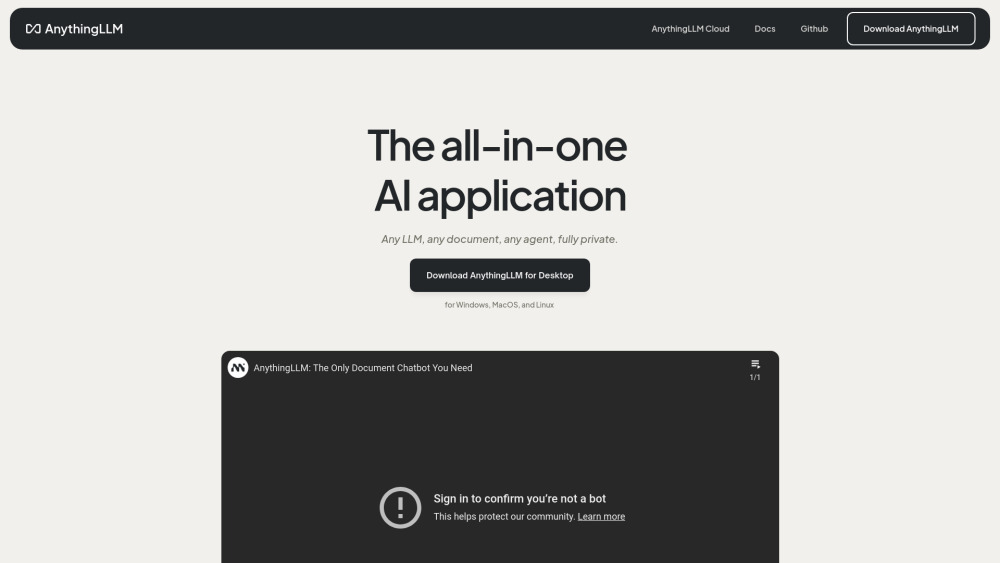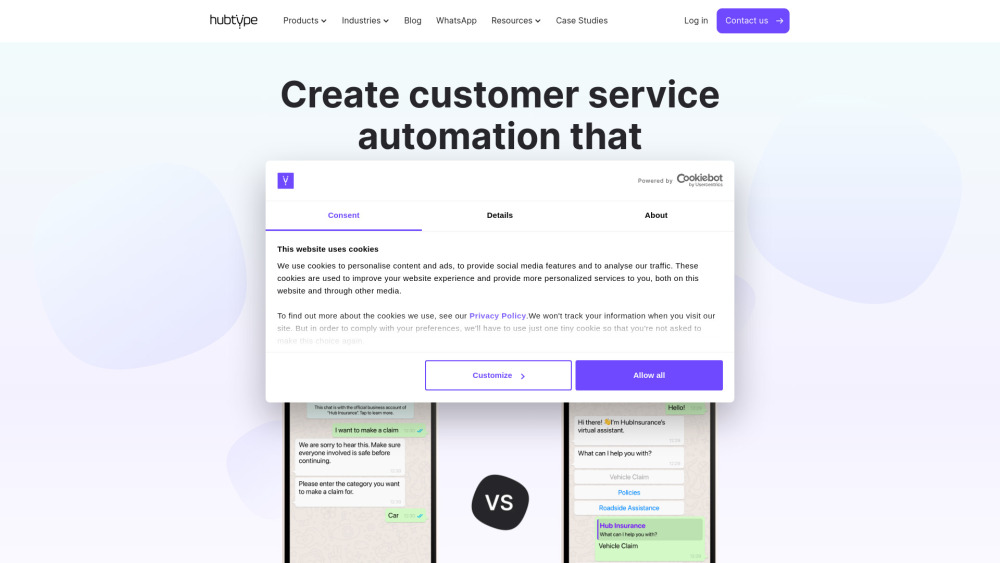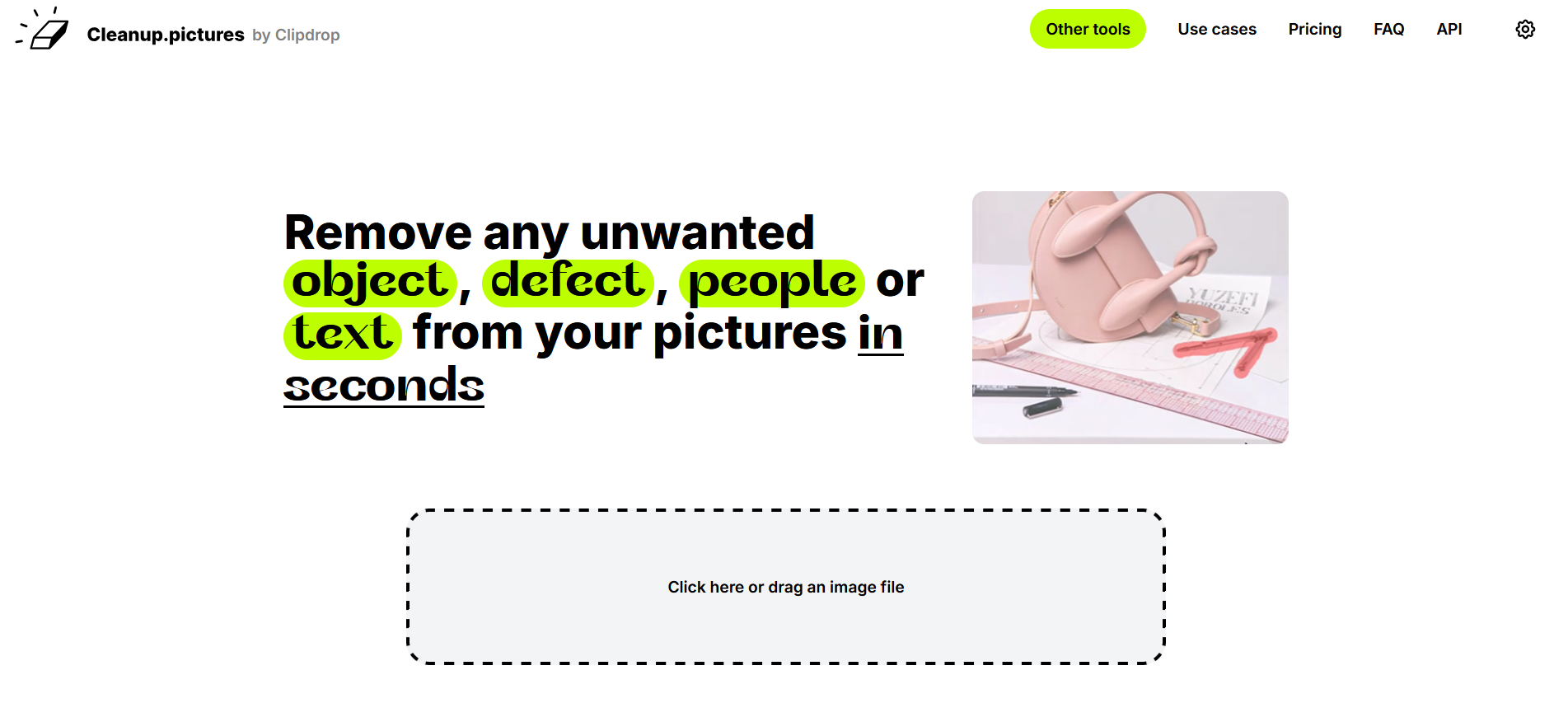The European Union (EU) is intensifying scrutiny of significant tech firms, particularly in the artificial intelligence (AI) sector. Analysts believe this initiative aims to reduce harmful competition while enhancing consumer choices. However, concerns exist that excessive regulation may inhibit AI innovation and impose financial strain on companies.
Recent statements from EU antitrust regulators include plans to investigate Microsoft's collaboration with OpenAI and Google’s dealings with Samsung in the AI domain. Margrethe Vestager, the EU’s competition chief, announced an inquiry into Microsoft's exclusive agreement to use OpenAI's AI via its cloud platform. In March 2023, she sent questionnaires to Microsoft, Google, Meta, and other leading tech firms involved in AI partnerships. Vestager noted, “We are seeking further clarification on Microsoft and OpenAI's agreement to assess any exclusivity clauses that could hamper competitors.” Microsoft has expressed its willingness to address additional inquiries from the EU Commission.
Since their partnership began in 2019, Microsoft has invested over $13 billion in OpenAI, particularly strengthening ties following a major management overhaul at OpenAI last November, which granted Microsoft an observer seat on the board. Their agreement outlines that Microsoft will provide cloud and AI tools to OpenAI, with Azure being the primary infrastructure for training OpenAI's AI models.
Unlike time-limited merger reviews, antitrust investigations can extend for years. Companies found guilty of anti-competitive practices, such as bundling products or restricting competitors' access to critical technology, may face substantial fines and legal repercussions. The EU's actions reflect growing concerns among global regulators about tech giants monopolizing emerging technology sectors. Experts warn that if the EU enacts stringent regulations similar to the Digital Markets Act (DMA), it could further restrict investments and mergers among major corporations.
The EU is also observing a trend of skilled talent gravitating toward large tech firms. Vestager is scrutinizing “acqui-hiring,” where companies primarily acquire others to recruit talent. For example, Microsoft recently invested $650 million to acquire the startup Inflection, gaining access to its model and recruiting most of its team. Vestager stated, “If such practices lead to increased market concentration, we will ensure compliance with our merger control rules.”
Additionally, concerns have emerged regarding major tech firms restricting smaller AI developers’ market access. Vestager aims to gather more information about the implications of Google’s partnership with Samsung, especially the integration of Google’s Gemini AI model into specific Samsung devices. Earlier this year, Google entered a multi-year agreement with Samsung to embed its generative AI technology in the Galaxy S24 series smartphones.
To further ensure compliance in tech transactions, the Digital Markets Act was enacted on March 7, 2023. This landmark legislation seeks to reform online platforms and establish clearer responsibilities for digital service providers, mitigating competitive harms and enhancing consumer options. Analysts consider the DMA a pivotal point in regulating large tech companies, with broad implications for the global tech industry.
Fines for non-compliance can reach up to 10% of a company’s global revenue. Continued violations may result in bans from the EU market. The DMA mandates interoperability among applications, requiring major firms to open their app interfaces for data sharing, allowing users to choose which apps to pre-install on their devices. Additionally, the Act strictly prohibits data monetization and unlawful data collection practices.
Andreas Mundt, head of Germany’s Federal Cartel Office, expressed concerns about heightened concentration in the digital market, indicating significant risks across various sectors from semiconductors to front-end technologies. Meanwhile, companies like Nvidia and OpenAI are at the forefront of advancements in AI software and chatbots. However, some speculate that this exclusive advantage may not endure.
Outside the EU, regulators in the U.S. and U.K. are also investigating potential anti-competitive behavior among tech giants like Microsoft, Nvidia, and OpenAI. International competition policy director Ole suggests that compliance demands may require Microsoft and OpenAI to divert resources away from developing cutting-edge AI products, potentially allowing competitors to catch up and benefiting the overall market.
Nonetheless, critics argue that the EU's proactive regulations might stifle the continent’s AI industry and hinder innovation, as extensive regulations may impede AI development.
The EU must accelerate its AI advancement efforts. According to the European Commission's 2024 Science, Research, and Innovation Performance Report, despite a steady increase in R&D investment over the past 20 years, the EU lags behind China and the U.S. in fields like AI, internet of things (IoT), and quantum computing research. In 2021, the EU ranked fifth globally for R&D investment intensity, trailing behind the U.S., Japan, South Korea, and China.
The report highlights three significant challenges facing EU R&D: ineffective utilization of its innovation ecosystem, ongoing gaps in R&D innovation, and technological disparities compared to other regions. Moreover, a recent KPMG study revealed that 53% of German businesses plan to enhance their investments in generative AI over the next year, with over half aiming for at least a 40% increase.
Experts emphasize that European companies must improve their AI strategies, governance, and regulatory compliance. Benedict Heck of KPMG notes that experimentation with generative AI is evolving into implementation, prompting companies to adopt more strategic approaches in leveraging this technology.
In response, Germany and France convened a ministerial meeting near Berlin, where they issued a joint statement stressing the need for the EU to boost innovation, stimulate investment, and cultivate a fair competitive environment. They called for improved regulatory frameworks to sustain strength in technology and industry while capitalizing on opportunities in green and digital transformations. The statement advocates for EU support in developing vital technologies, including green industries, AI, quantum computing, and aerospace, while seeking to eliminate unreasonable barriers within the single market and foster investment in digital and green transitions.




